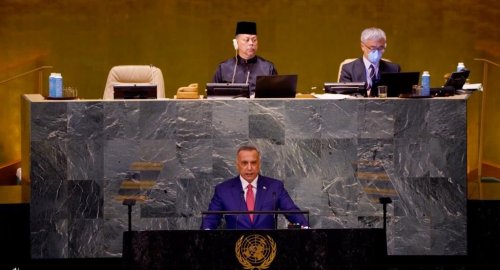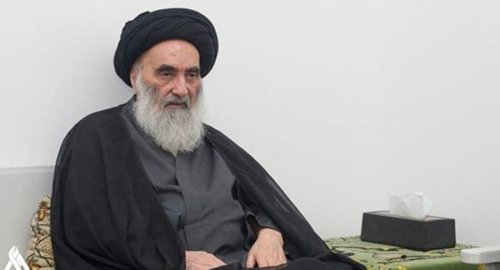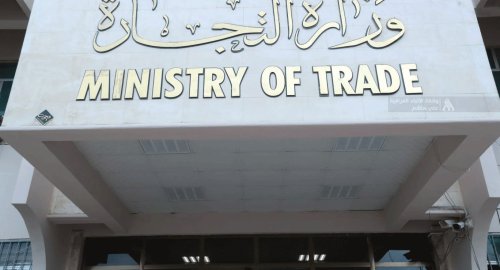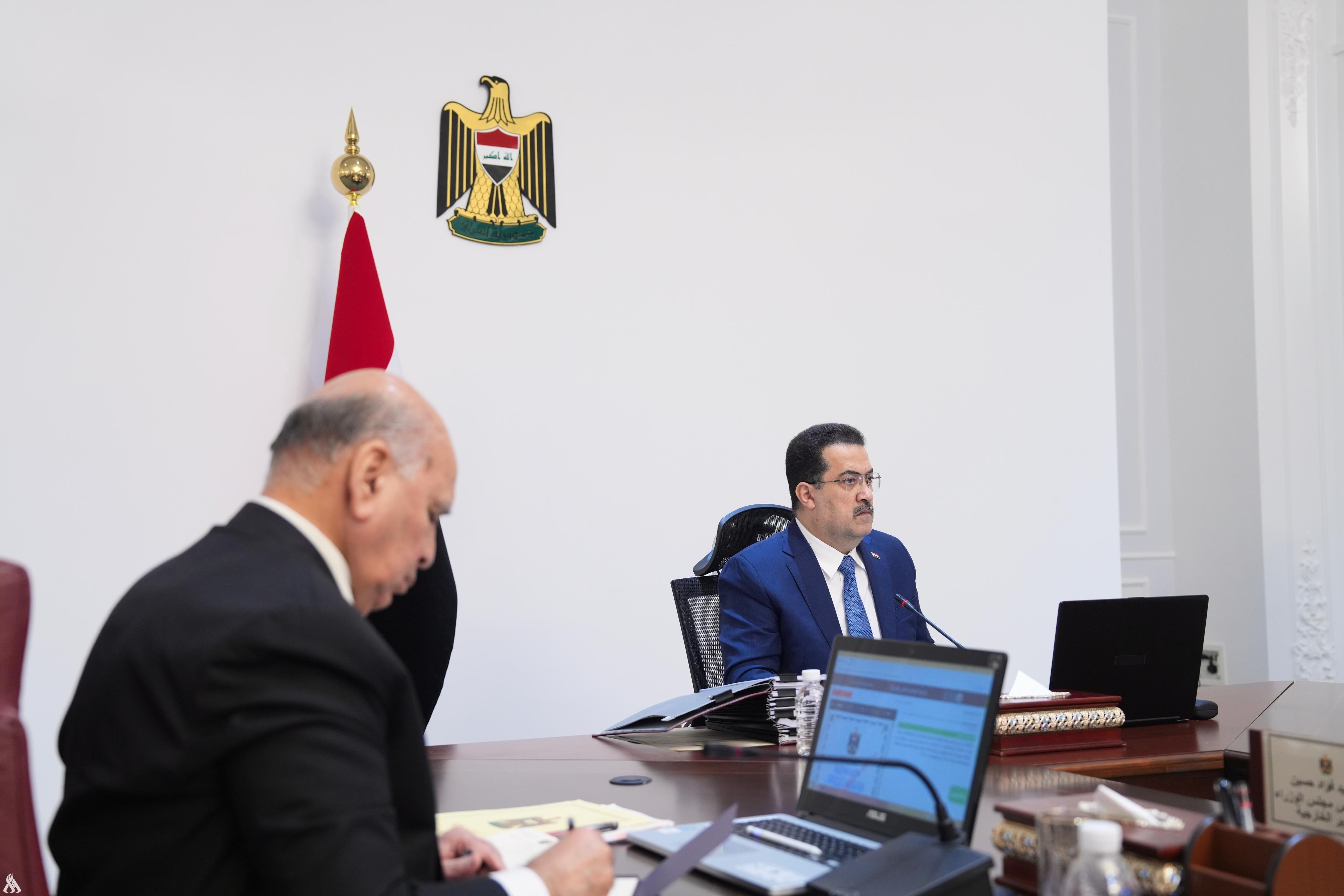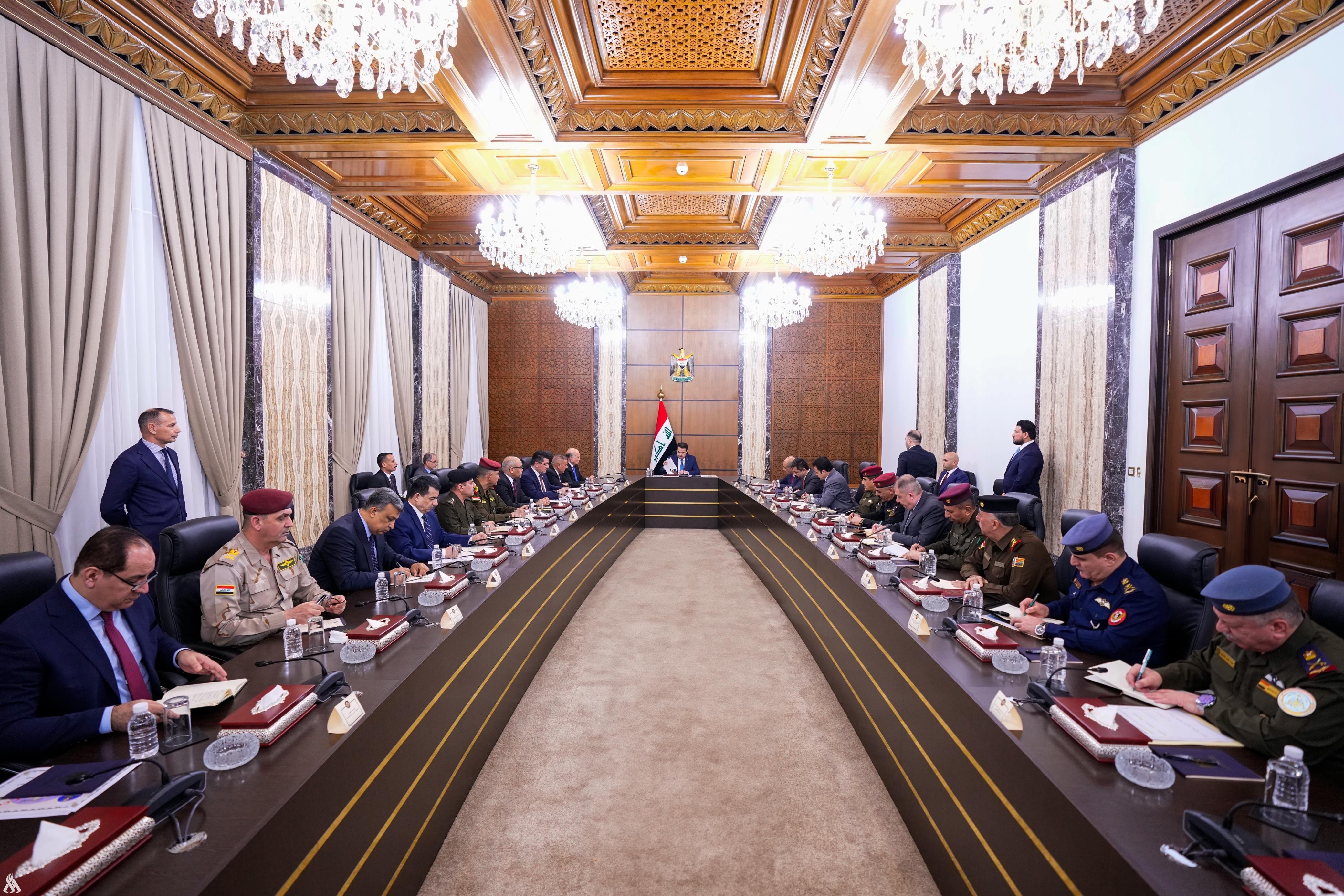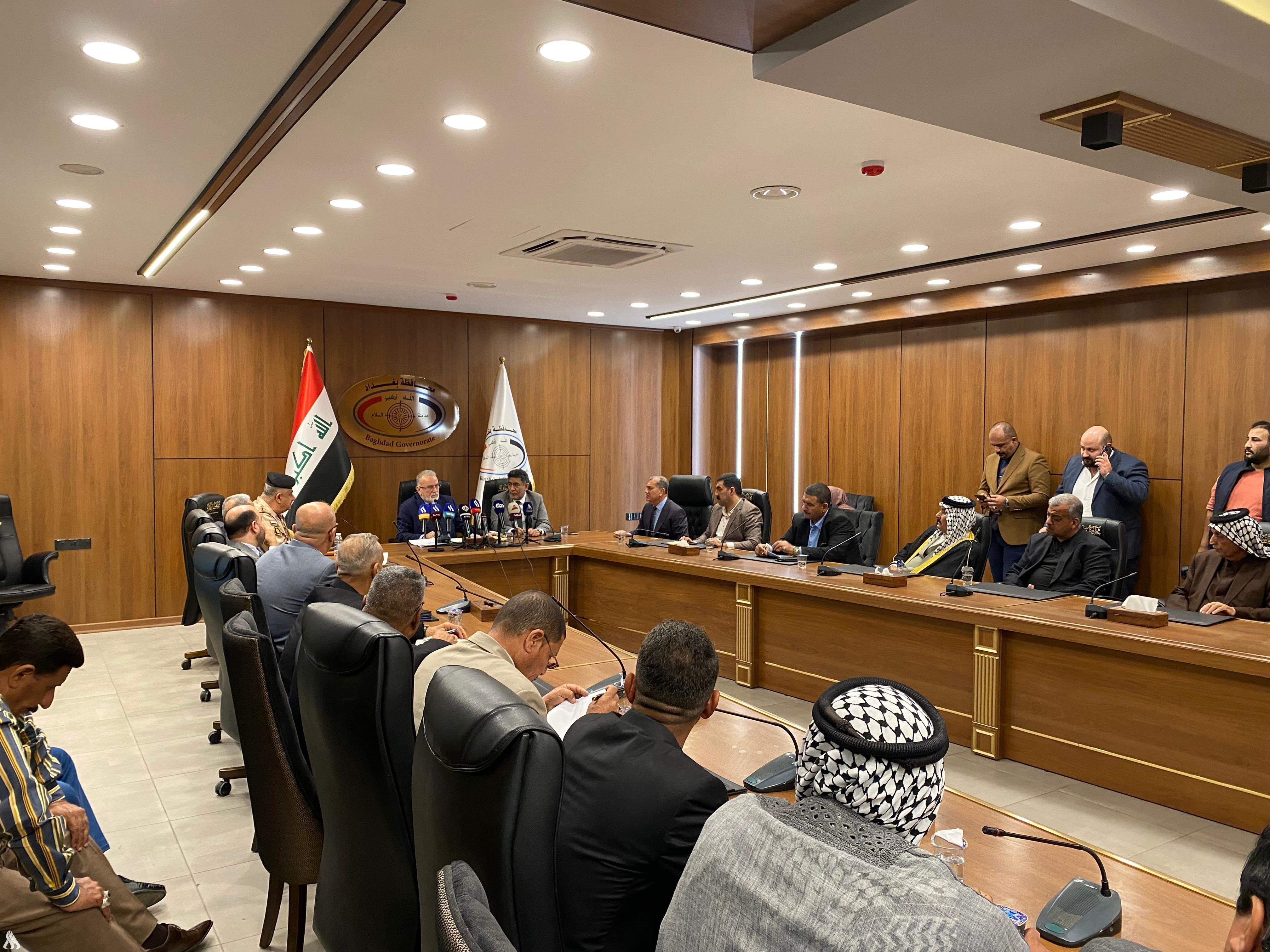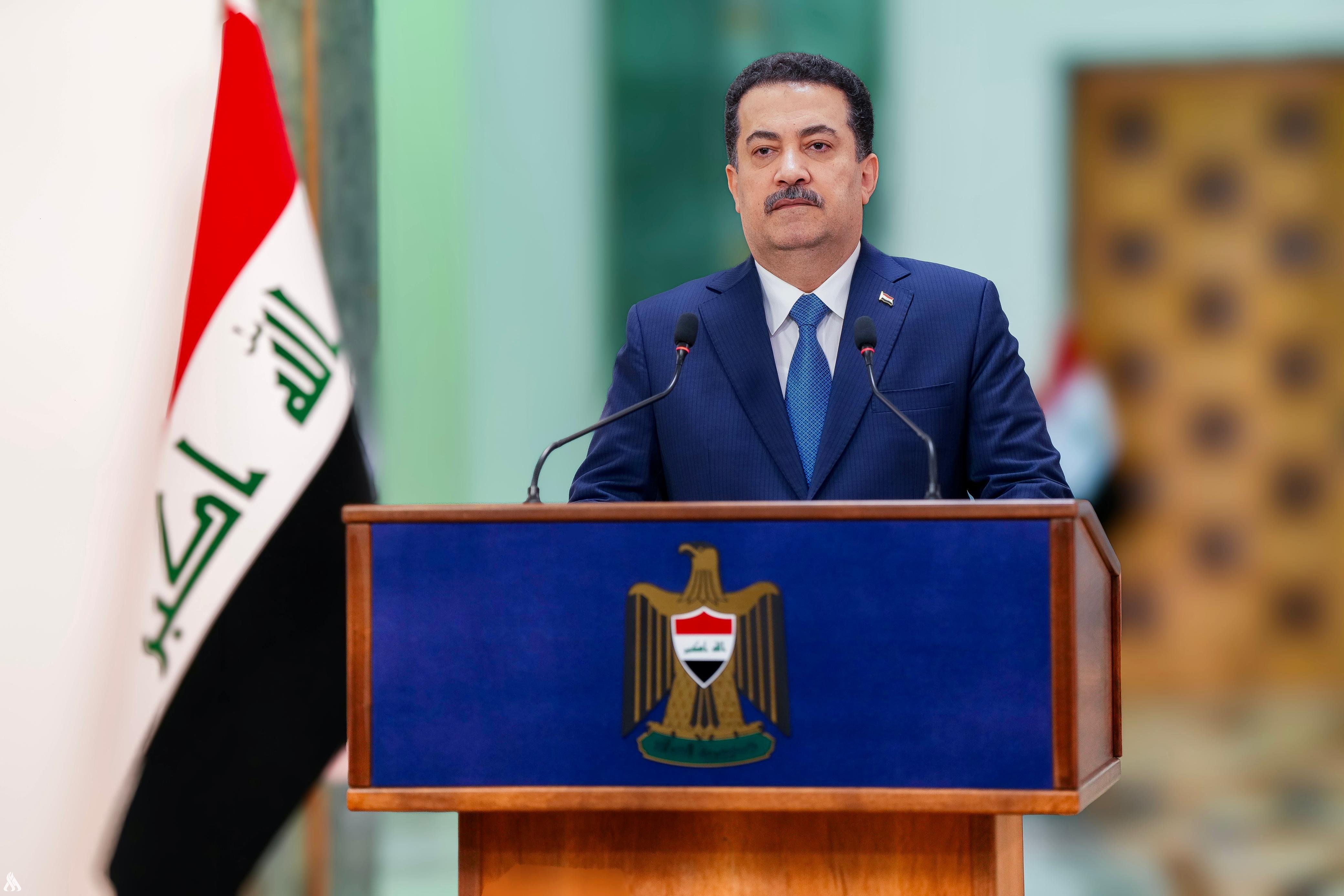
Zaidan: The judiciary was able to issue its decisions with professionalism and justice

- 10-11-2022, 19:24
Baghdad-INA
The head of the Supreme Judicial Council, Faeq Zaidan, confirmed today, Thursday, that complete independence from the legislative and executive authorities gave the judiciary additional power to recover quickly during adversity and crises, while noting that the judiciary was subjected to great pressure and issued its decisions with professionalism and justice.
The judiciary’s media said in a statement received by the Iraqi News Agency (INA): “During his speech, which he delivered on the sidelines of participation in the workshop (the Judicial Authority, the most prominent challenges and ways to address) held in the Lebanese capital, Beirut, the Iraqi judiciary’s historical march since The Ottoman Empire, the British occupation period, and the establishment of the Iraqi state in the 1920s.
The head of the Supreme Judicial Council referred, according to the statement, to "the laws that organized judicial work from the twenties until 2003, and the most prominent challenges it faced and attempts to undermine its independence and integrity, leading to change after 2003 and the formation of the Judicial Council, and then the issuance of the Iraqi State Administration Law in 2004, which amended the name to the Supreme Judicial Council and the Federal Supreme Court was formed.
Zidan spoke about the issuance of the Iraqi constitution in 2005, which specified the administration of judicial affairs in the country in the Supreme Judicial Council, and then the issuance of the Supreme Judicial Council Law No. 45 of 2017, which stipulated that the head of the Court of Cassation would be the head of the Supreme Judicial Council, and considered the day the law was issued on 23 /1 days for the Iraqi judiciary, which succeeded in the same year in including the Judicial Institute in the Supreme Judicial Council, after it was affiliated with the Ministry of Justice, according to the statement.
The head of the Supreme Judicial Council said that "these changes that occurred in the Supreme Judicial Council after 2003 achieved qualitative gains in the interest of justice through a pioneering experience not in Iraq but in the Middle East, the experience of managing the judiciary itself through a council composed of its senior judges." .
Zaidan added that "the complete independence from the legislative and executive authorities gave the judiciary additional power to recover quickly in times of adversity and crises," citing the great service provided by the judiciary during the war against ISIS terrorist, as the judiciary continued its work despite these circumstances, taking alternative places as court headquarters in a rare experience. History will record it in letters of light.”.
Moscow: Global oil market is balanced thanks to OPEC+
- Economy
- 09:49


